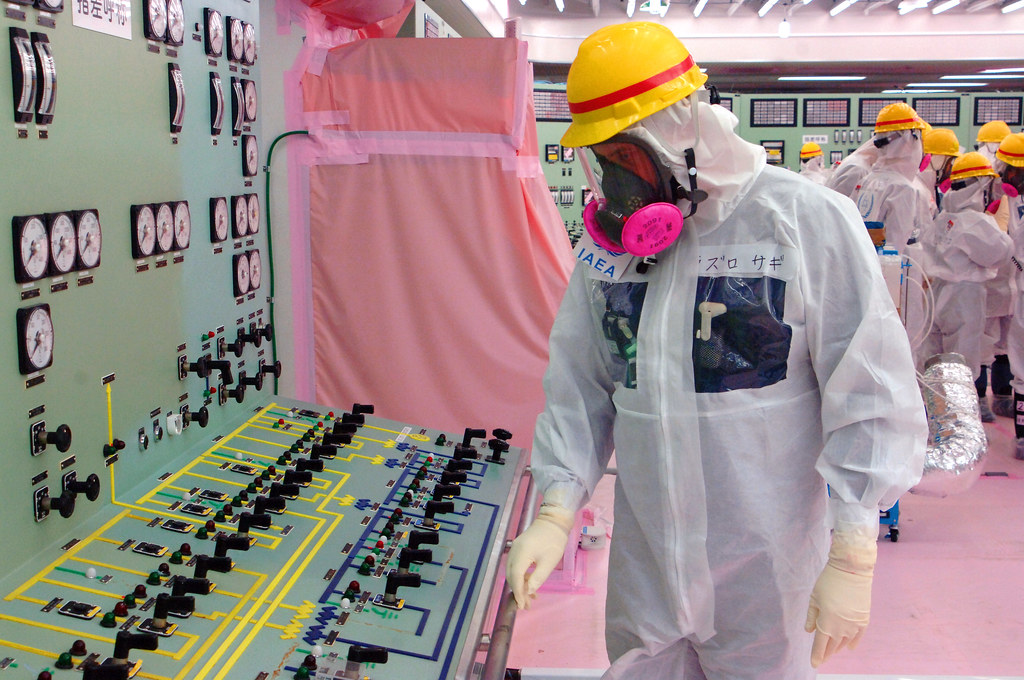New trained IAEA experts join missions for Occupational Radiation Protection Appraisal Service
“The interest in ORPAS remains high, and so there is need for continuous development and training of existing and future reviewers,” said Miroslav Pinak, Head of the IAEA Radiation Safety Monitoring Section.

Newly qualified experts trained by the IAEA in the Philippines, and hailing from Asia and the Pacific, will join the international mission teams for the Occupational Radiation Protection Appraisal Service (ORPAS). These experts are now ready to support countries in the region to strengthen their arrangements for radiation protection of workers and help them meet internationally agreed safety requirements and recommendations.
“The interest in ORPAS remains high, and so there is need for continuous development and training of existing and future reviewers,” said Miroslav Pinak, Head of the IAEA Radiation Safety Monitoring Section. “These capacity-building efforts are among our core work activities to ensure radiation protection of workers,” he said.
The 25 trainees — from Australia, Bangladesh, China, Indonesia, Japan, Lebanon, Malaysia, Pakistan, Philippines, Thailand and Viet Nam — were trained on planning, interviewing and report writing, to assess countries’ arrangements for occupational radiation protection, identify areas for improvement, formulate suggestions and recommendations and recognize good practices. They also visited a hospital, an irradiation facility and a radiation monitoring centre to simulate ORPAS mission site visits as part of the training, which was hosted by the Philippine Nuclear Research Institute (PNRI) in Manila, from 9 to 13 October 2023. The first course of its kind was held in Tanzania for the African region in August 2022.
ORPAS reviewers are country-nominated regulators, dosimetry specialists and radiation protection officers with a broad knowledge of legislative and operational aspects of occupational radiation protection.
ORPAS training instructor, Kristine Marie Romallosa Dean, Supervising Science Research Specialist at the Philippine Nuclear Research Institute (PNRI), underscored: “by developing a new pool of experts in Asia and the Pacific who can independently review occupational radiation protection arrangements in IAEA Member States and their compliance with IAEA safety standards, we can help to enhance worker safety in the region and worldwide.”
Globally, some 24 million workers are exposed to ionizing radiation through their work in a wide range of industries from medical facilities, educational and research establishments and nuclear fuel cycle facilities. About 13 million of these workers are exposed to natural sources of radiation and 10 million to artificial sources. Occupational radiation protection ensures the safe and justified use of radiation, radioactive material and nuclear energy in workplaces and proper protection of occupationally exposed workers.
“By attending the simulations and working in small teams, we gained a common understanding of the application of the IAEA safety standards and the importance of harmonizing radiation protection activities,” said Jeanette McKenzie Radiation Safety Officer and Work Health Safety Manager at the Australian Radiation Protection and Nuclear Safety Agency.
While occupational radiation protection is a national responsibility, ORPAS missions provide countries with objective and unbiased reviews on the adequacy and effectiveness of their occupational radiation protection arrangements and their compliance with the IAEA safety standards on Radiation Protection and Safety of Radiation Sources (GSR Part 3) and Occupational Radiation Protection (GSG-7).
Since its launch in 2001, there have been ORPAS missions in the Asia-Pacific region to China, Indonesia, Malaysia, Philippines, Sri Lanka and the United Arab Emirates, and a mission to Thailand is planned for 2024. Five years from the initial review, governments can invite an ORPAS follow-up mission to assesses their progress in implementing the recommendations and suggestions from the first mission.
In November 2023 the IAEA launched an e-learning course for ORPAS reviewers and stakeholders on the fundamentals and objectives of the missions including procedures, report drafting and necessary knowledge to conduct an ORPAS mission. The course is designed as a prerequisite to attend the in-person training course in the future.
- READ MORE ON:
- Occupational Radiation Protection Appraisal Service










